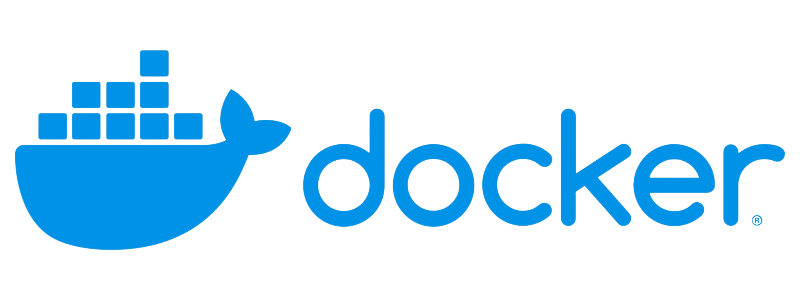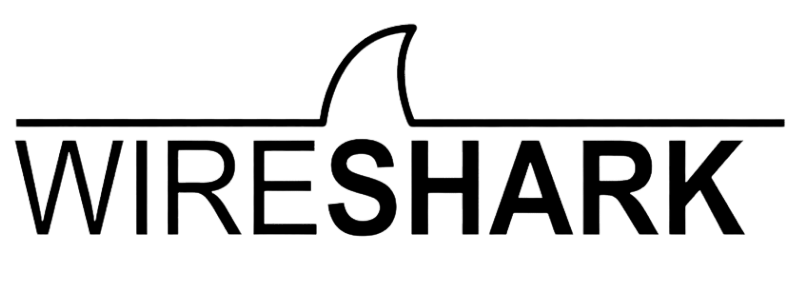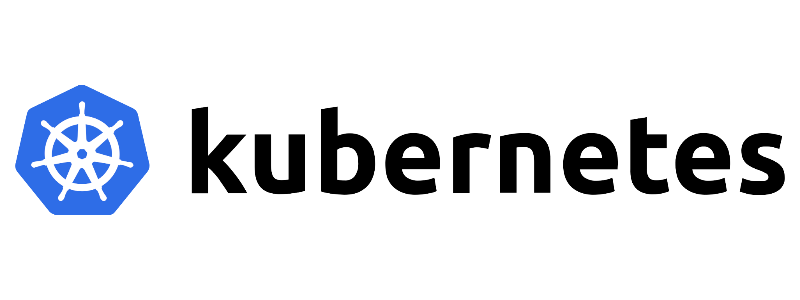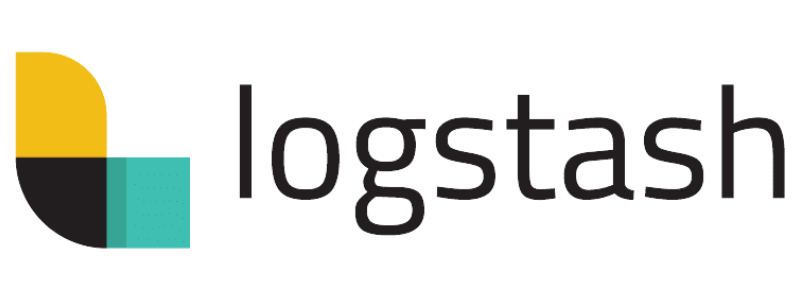Introduction
Cloud Computing
Embark on a transformative journey into the expansive world of cloud computing with our extensive training program. This course is designed to provide a deep understanding of how to utilize and manage cloud services across the most prominent platforms such as Amazon Web Services (AWS), Microsoft Azure, and Google Cloud Platform (GCP). You will learn the architectural principles of cloud computing, explore various cloud service models (IaaS, PaaS, SaaS), and understand how to implement and manage scalable, secure, and efficient solutions. The curriculum covers essential concepts from fundamental cloud services to advanced cloud deployment strategies, ensuring you are well-prepared to handle real-world challenges in cloud management and integration.
Show your interest
Successful Graduates
Batches Completed
Expert Instructors
Industry Partnerships
Key Impact
Transforming Careers
Broad Platform Knowledge
Master the essentials of major cloud platforms, including AWS, Azure, and Google Cloud, to enhance your versatility as a cloud professional.
Security and Compliance
Learn how to implement robust security measures and comply with international data protection regulations.
Cost Management
Acquire skills in managing and optimizing cloud expenditures to ensure cost-effective solutions for your organization.
Innovation Through Technology
Leverage cloud technologies to foster innovation within businesses, driving efficiency and competitiveness.
Our Alumni Work At

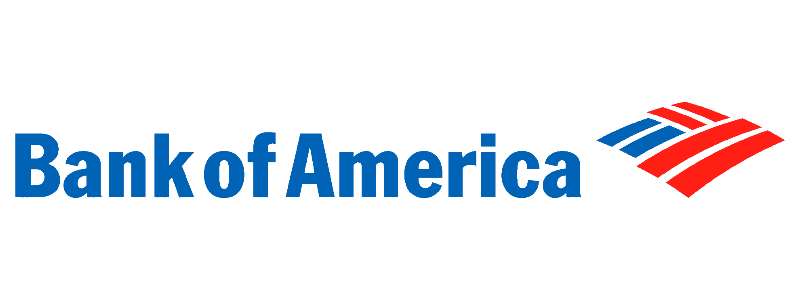

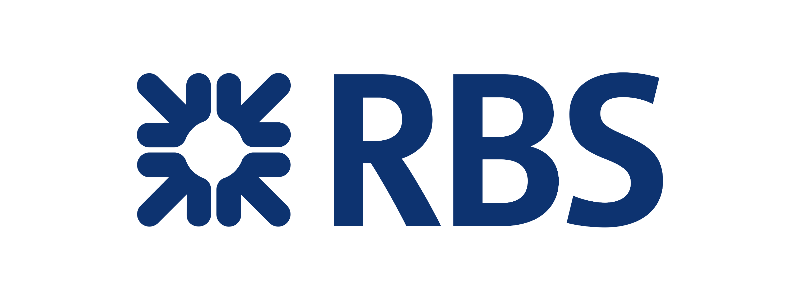



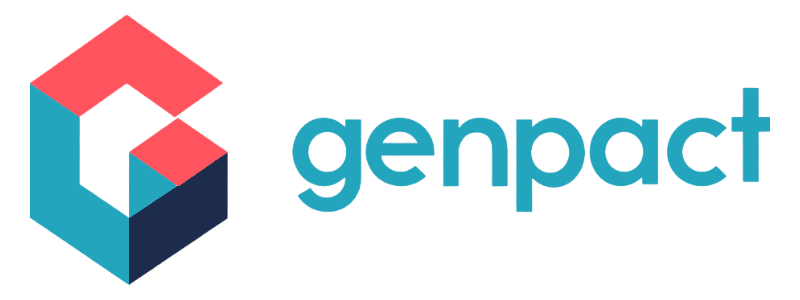
Students Testimonial

~ Saad Shaikh

~ Purva Mishra

~ Sagaj porwal

~ Shriharsh Gaikwad

~ Ganaram Chaudhary
Our Success Story

~ Saad Shaikh

~ Purva Mishra

~ Sajag porwal

~ Ganaram Chaudhary

~ Shriharsh Gaikwad
Course Breakdown
- Lesson 1: Cloud Computing Basics
- Lesson 2: History and Evolution of Cloud Computing
- Lesson 3: Cloud Service Models: IaaS, PaaS, SaaS
- Lesson 4: Cloud Deployment Models: Public, Private, Hybrid
- Lesson 5: Benefits and Challenges of Cloud Computing
- Lesson 1: Introduction to AWS
- Lesson 2: Introduction to Microsoft Azure
- Lesson 3: Introduction to Google Cloud Platform
- Lesson 4: Comparing Cloud Providers
- Lesson 1: Principles of Cloud Architecture
- Lesson 2: Designing for Scalability and Reliability
- Lesson 3: Cloud Security and Compliance
- Lesson 4: Cost Management in the Cloud
- Lesson 5: Case Studies and Best Practices
- Lesson 1: Compute Services
- Lesson 2: Storage Services
- Lesson 3: Networking Services
- Lesson 4: Database Services
- Lesson 5: Management and Monitoring Tools
- Lesson 1: Cloud Migration Strategies
- Lesson 2: Tools for Cloud Migration
- Lesson 3: Managing and Optimizing Cloud Resources
- Lesson 4: Post-Migration Best Practices
- Lesson 1: Introduction to Multi-Cloud Strategies
- Lesson 2: Multi-Cloud Management Tools
- Lesson 3: Best Practices for Multi-Cloud Environments
Projects
Building Virtual Private Cloud (VPC) Using Terraform
To construct a Virtual Private Cloud (VPC) on AWS, we will use Terraform. Route tables, internet gateways, security groups, and two subnets will all be part of the VPC. The code will be adaptable enough to allow for simple port opening. We may alternatively choose to construct a load balancer and add two compute instances with Nginx server installed. By doing this, we'll be able to distribute the load across the two instances and serve web traffic. Let's get started! Terraform makes it simple to construct and maintain the infrastructure as code.
Building Environment on Azure Using Terraform
A Hub and Spoke network topology will be implemented in an Azure environment that we set up. For cross-premises or VNet-to-VNet communication, we will make use of Azure Gateway Transit, a peering attribute that allows one virtual network to access the VPN gateway in the peering virtual network. Workloads can be divided while sharing shared services by using a hub and spoke structure. Identity and security are two of these services. Serving as a primary point of access to an on-premises network, the hub is a virtual network (VNet). VNets peer with each other in the spokes. Within spoke networks, separate workloads are delivered, but shared services are offered within the hub.
Deploy Azure Kubernetes Service (AKS) With Terraform
We discuss:
- Setting up Terraform
Setting up and installing Azure CLI
Writing the Terraform code to start the AKS Cluster
Executing the Terraform program
Setting up kubectl to establish a connection to the cluster
Kubernetes Cluster Destruction
Deploy Elastic Kubernetes Service (EKS) With Terraform
We discussed:
- EKS Cluster setup using Terraform
Amazon Kubernetes Cluster setup
Install kubectl
Configure kubectl
Verify worker node status
Use Terraform to remove the EKS cluster
Your Path to Success
Our alumni have gone on to achieve remarkable success in their careers, leveraging the skills and knowledge gained from our courses.
Join our community and become part of a network of professionals who are making an impact in the industry.

Master essential concepts with engaging videos, comprehensive reading materials, and interactive quizzes.
Enhance your portfolio by solving real-world problems, guided by industry experts to learn best practices.
Polish your resume and practice through mock interviews with our experts, preparing you to excel in job interviews.
Receive extensive support from our team to secure interviews and land positions at top companies.
Earn A Certification
Upon successful completion, you’ll receive a certification that validates your expertise and boosts your career prospects. Join us and take the next step towards achieving your professional goals.
-
Earn Your
Certificate -
Share Your
Achievement
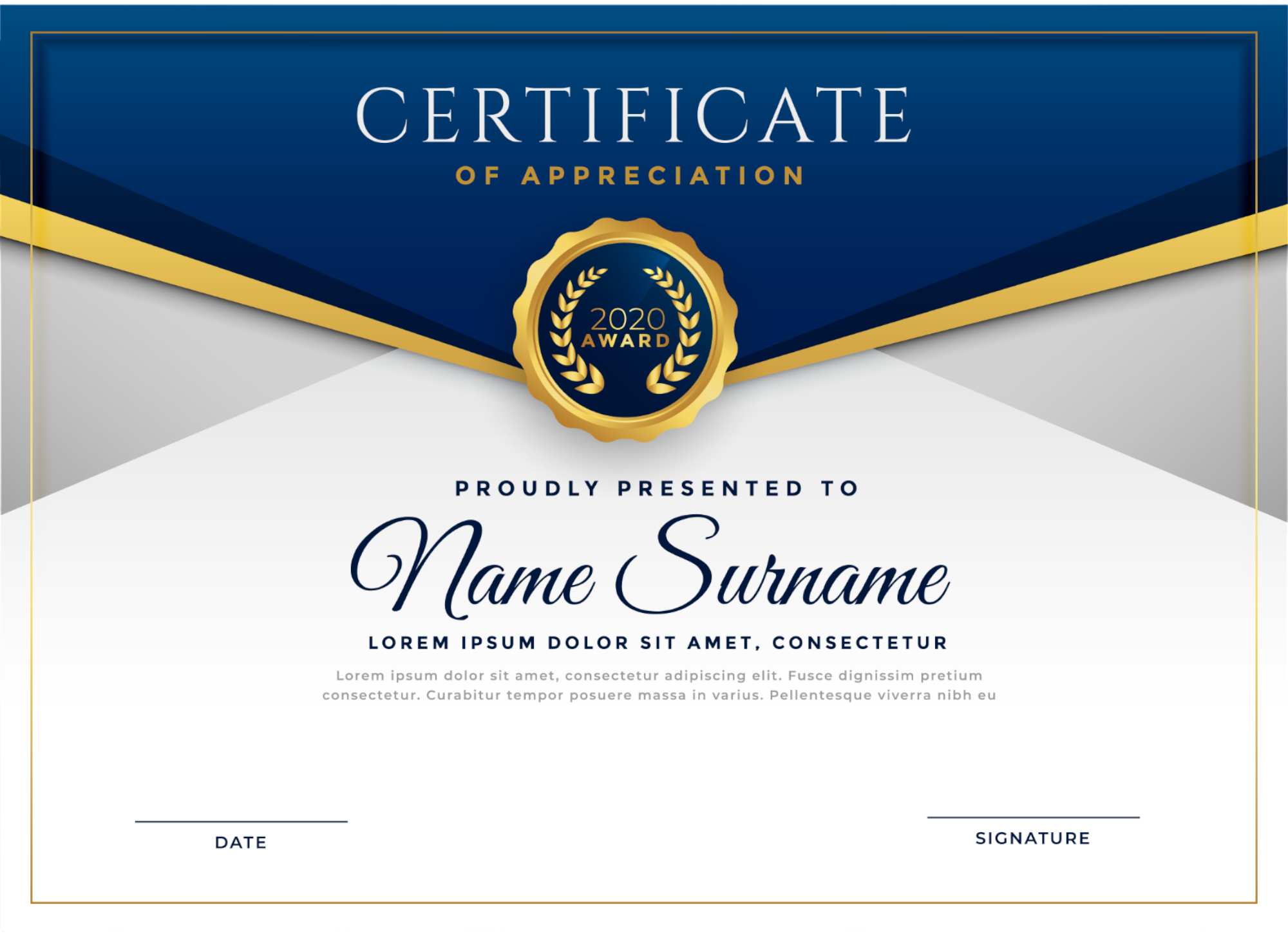
Why Choose Cloud Computing from DevOps Institute Thane

Top-Ranked DevOps Training

Expert Faculty

Cutting-Edge Curriculum

Global Recognition

Participant Profile
Experience

From Top Organizations
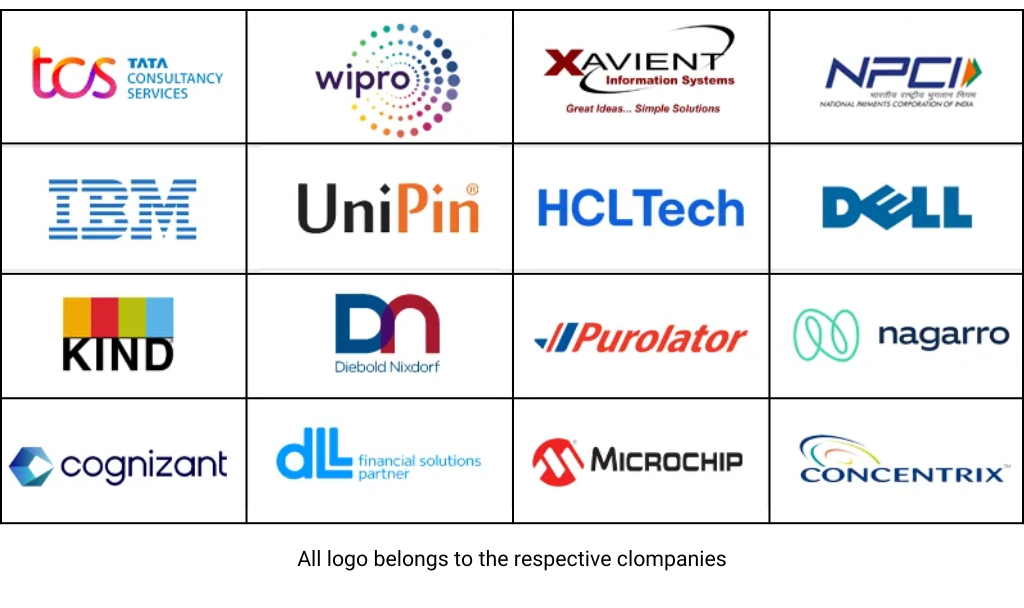
About DevOps

18
Years of
Excellence
99%
Course Completion
Rate
90
Net Promoter
Score
22+
Awards &
Accolades
DevOps Institute Thane is a premier EdTech company specializing in comprehensive DevOps training programs for both early career and experienced professionals. Our courses are designed in collaboration with industry leaders to meet the ever-evolving demands of the tech world. Through our state-of-the-art learning platform, we offer a blend of onsite and online learning experiences, ensuring flexibility and convenience for our students. Our mission is to create a skilled workforce equipped with cutting-edge DevOps knowledge and practices, ready to excel in the modern industry landscape.
Find Out Why Participants Want to Join This Program

"The program not only taught me technical skills but also provided numerous opportunities to network with industry professionals and peers, which has been beneficial for my career growth."
Vikram P.

"From the basics to advanced concepts, every topic was covered in detail. The practical approach to learning helped me understand and apply concepts effectively in real-world scenarios."
Priya D.

"The faculty and support staff were incredibly supportive throughout the course. The collaborative spaces and modern facilities made learning enjoyable and effective."
Rahul M.

"The curriculum is perfectly aligned with what the industry needs. I felt prepared and confident during job interviews and landed my dream job within months of graduation."
Neha S.

The DevOps program at DevOps Institute Thane has completely transformed my career. The hands-on projects and industry insights were invaluable."
Amit K.
FAQs
We have multiple instructors that are highly qualified in areas such as Microsoft, DevOps, AWS, and Google. They have expertise in new technologies like Kubernetes, Multi-Cloud, and DevOps. All are subject matter experts and are trained to provide online training, ensuring participants receive a great learning experience.
It is perfect for IT professionals, system administrators, and any individuals looking to start or advance their career in cloud computing.
The duration of this training is 8-10 Weeks. The session will be Every Saturday and Sunday.
Roles include Cloud Architect, Cloud Engineer, and Cloud Services Developer.
We’re here to support you at every step of your learning journey. For anyone who enroll in our training program, we provide a dedicated WhatsApp group and Ticketing System, so you can share your queries there or you can also ask live with expert trainer in the next Live Session you attend.





